Asking Clean Questions
Asking Clean Questions
We cannot describe in complete detail everything we mean. For example, try describing a chair. We need all our senses and our whole brain to experience a chair. Rather, we just say 'chair', 'stool' or 'armchair' and people normally understand enough.
Noam Chomsky, a leading linguistics expert, originated the concepts of Surface Structure and Deep Structure in language. Surface structure is what is said. Deep structure is the deeper meaning behind what is said. In our practical world we delete information, generalise information or distort information. So what is communicated is incomplete or inaccurate and the listener has to make assumptions about what is being said, which might be inaccurate. By recognising that these deletions, generalisations and distortions may be key to understanding, we can use precise challenging questions to reconnect the surface structure with the deep structure.
The words we use to describe experiences are not the experiences. They are just the best verbal representation we can come up with. Precise language has the ability to move people in useful directions. Sloppy language can misdirect them.
The Meta Model, developed by John Grinder and Richard Bandler, identifies many sub-classes of these linguistic shortcuts. A simpler approach is to focus on the five key cases: universal quantifiers, modal operators of necessity, unspecified verbs, unspecified nouns and comparative deletions. No need to remember the terms, just practice the five questions illustrated below. They will help you communicate with more precision and effectiveness. They are simple verbal tools which you can use to guide you through the verbal fluff of distortion, generalisation and deletion which characterises normal communication.
Even if you think you can make a good guess as to what someone means, do not count on this guess. Remember, we all have different experiences in our memories, and these memories are what give meaning to our words. The problem is that the same words mean different experiences to different people, and herein lie many of the problems of communication.
Unspecified nouns
They, people, things . . Ask “Who/what (noun) specifically?”
Examples:
"I want a new job." "What job, specifically?"
"I saw a film." "Which film, specifically?"
"It's awful." "What, specifically, is awful?"
"I've left it behind." "What, specifically, have you left behind?"
"There's no time." "What, specifically, is there no time for ?"
Unspecified verbs
Ask "How (verb), specifically?"
Examples:
"She hurt me." "How did she hurt you, specifically?"
"She always fails." "How does she fail, specifically?"
"He ripped me off." "How did he rip you off, specifically?"
"That film upset me." "How did that film upset you, specifically?"
"I found out at last." "How did you find out, specifically?"
Rules
Use of words such as should, should not, must, must not, have to, cannot, ought to, ought not to. These words indicate rules which may or may not be legitimate. If accepted they limit our actions.
Ask the question "What would happen if . . . ? What causes/prevents it?"
Examples:
"We must do it now." "What would happen if we didn't?"
"You've got to laugh." "What would happen if you didn't?"
"You shouldn't do that." "What would happen if you did?"
"You must do as he says." "What would happen if you didn't?"
"You can't do that now." "What would happen if I did?"
Generalisations
We generalise when we have one or more experiences and decide that all future experiences with similar characteristics will have the same result. Generalisation is a short cut which enables us to function effectively in the world. But inappropriate generalisation can create unnecessary pain and limitations in behaviour.
Challenge the assumption. “Do you really mean all, every, never? Surely there are some exceptions.
Examples:
“All, every, never . . .”
"All French are arrogant." "All French?"
"It's always the same story." "Always?"
"Nobody loves me." "Nobody?"
"He never gets it right." "Never?"
"They say it will rain." "Who say it will rain?"
Comparators
Use of words such as better, worse, easier, too much etc. without a specific comparison to benchmark the statement against.
Too much, too many, too expensive . . . Ask questions that identify the benchmark, for example: "Compared to what? Better than what?"
Examples:
"That's better." "Better than what?"
“She's the brightest." "Brighter than whom?"
"The greatest show in town." "Greater than what?"
"Things are faster now." "Faster than what?"
"This is far easier." "Far easier than what?"
Exercise
Working in groups, one person gives an example of sloppy language and the next person make the appropriate response. This person then has to give an example for the next person, and so on. Try to make up your own examples as you become familiar with the process.
Brefi Group Limited
Unit 11 BSC, Hood Road
Barry CF62 5QN
United Kingdom
Reg. No. 1669333
Copyright 2024 Brefi Group Limited. All Rights Reserved
